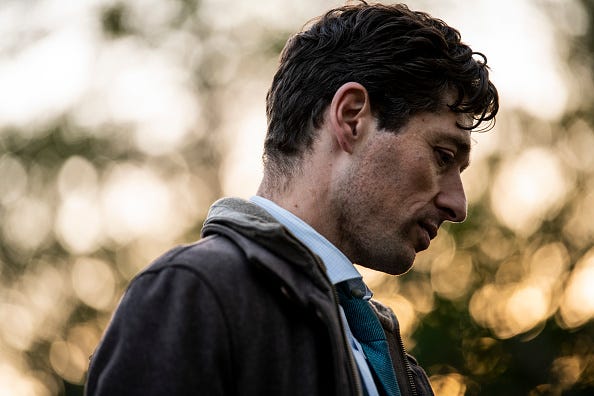
On Tuesday, the head of the Minneapolis Police Conduct Oversight Commission announced her resignation, citing issues within the city government that would prevent changes to police practices.
Minneapolis has been no stranger to public safety turmoil the last few years, and to talk about that, Mayor Jacob Frey joined News Talk 830 WCCO's Chad Hartman.
While many within the city and state want to see change in Minneapolis, Frey does too.
"To those that want to see change faster, I agree entirely," Frey said. "We need to be acting with the necessary urgency around accountability and change that is indicative of the culture shift that we all need to see."
The mayor said he needs to be able to work with the head of the PCOC in order to enact that change and that he didn't appoint the resigning head, Abigail Cerra. He did not say the two had issues directly, but he did share they weren't always on the same page.
"We didn't have direct conflict, no," Frey said. "There were certainly a few items of disagreement that we had over a couple years, though, and notably, it was disagreement not necessarily with me, but with our attorneys and city staff as to the functionality of the law."
Cerra cited having issues with how officers are coached and disciplined, noting that when an officer is coached, it is not readily available to the public but rather secretive.
When it comes to Cerra saying the police have not been transparent enough, Frey said she has a point, but "the reasoning is misdirected."
Frey pointed to a state law that he says shows coaching is "private data," meaning it's not disclosed to the public. He even said it's the same for department heads and other city workers who are coached.
"They can use coaching as a tool to improve if it doesn't go as far as discipline," Frey said, adding he can't speak to every instance that discipline was used disguised as coaching.
Beyond the resignation of Cerra, Frey announced recently announced an update to the use of no-knock warrants in the city of Minneapolis and a change to knock warrants that would have officers wait an extra 10 seconds when executing the warrant at night.
As for those who think this is uncalled for as warrants are issued for potential criminal activity, Frey said he understands both sides.
"It's a fair perspective, which I understand, and what we are tasked with is striking balance here, and the primary goal of striking that balance is the preservation of life," Frey said both for those inside and the officers.
He continued saying that we should not look at this as a "ban" as there are exceptions to all of the rules in emergency situations or when bodily harm could occur, but it is not common.
"It's pretty rare. I don't want to give you a percentage or anything offhand," Frey said. "It doesn't happen often."
Frey said the goal is to reduce or eliminate loopholes while having a standard clearly in place for officers to use. He said this isn't about disciplining or making police officers' lives more complicated but giving them clear guidelines to help them succeed.
"This is about making sure people are safe, and we can get the necessary evidence that we need for our investigations in the process," Frey said.


